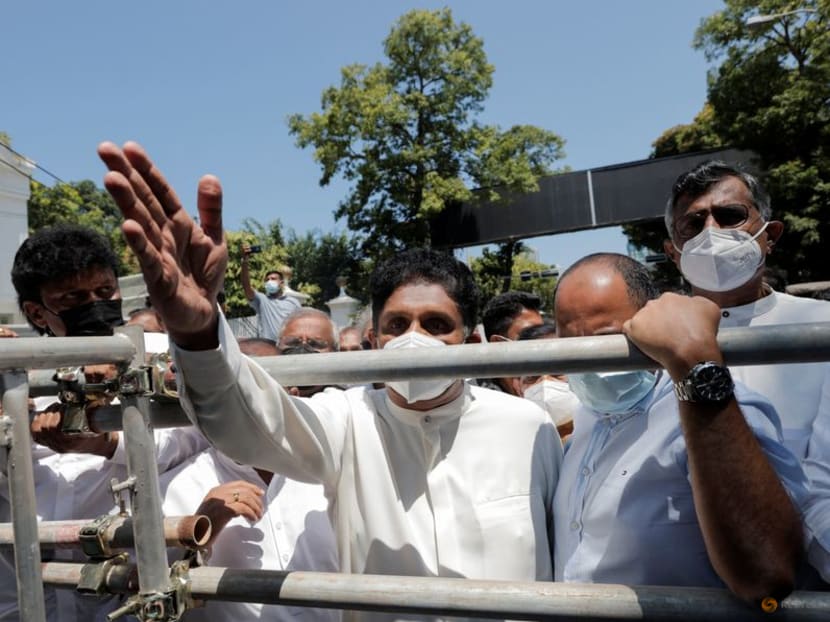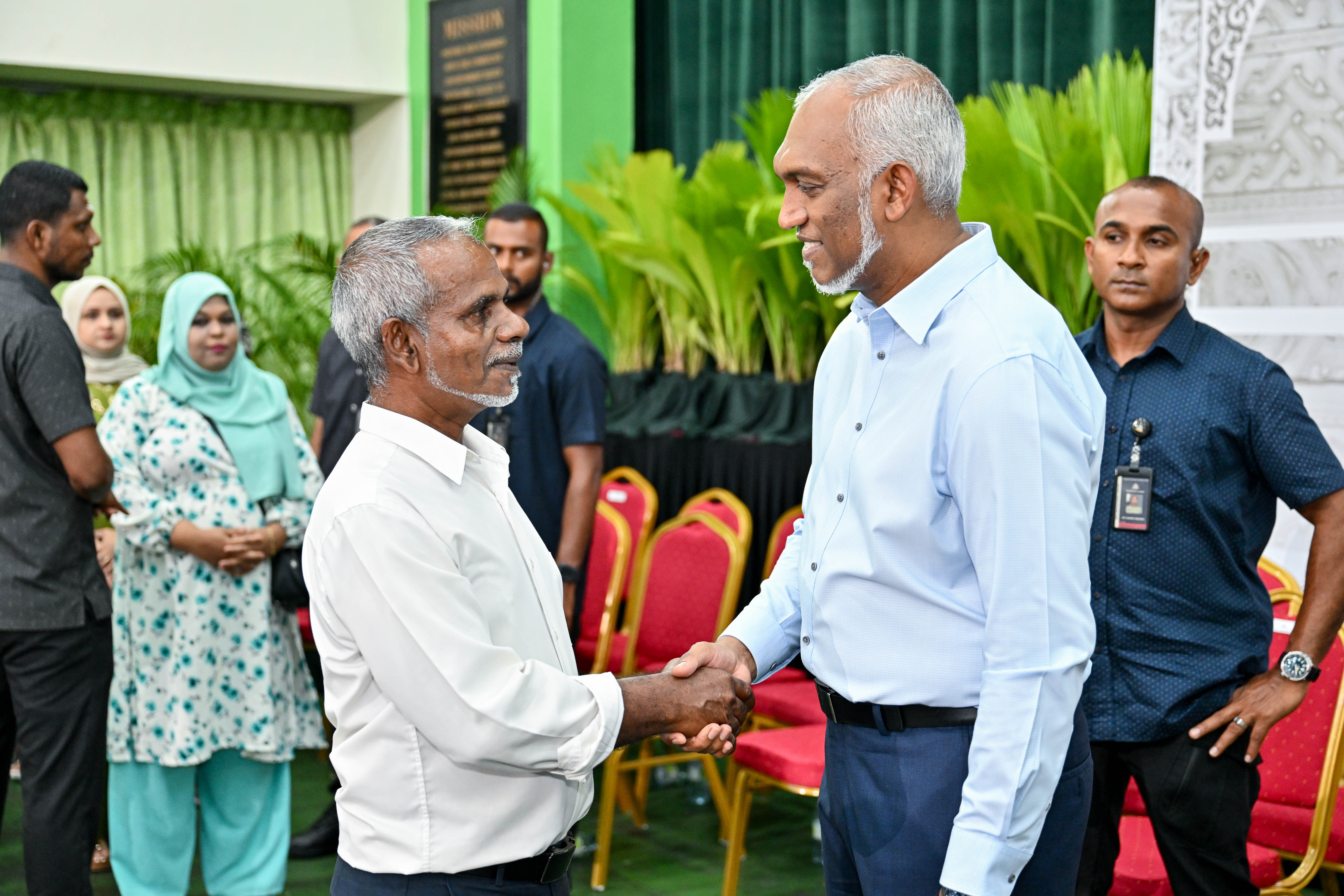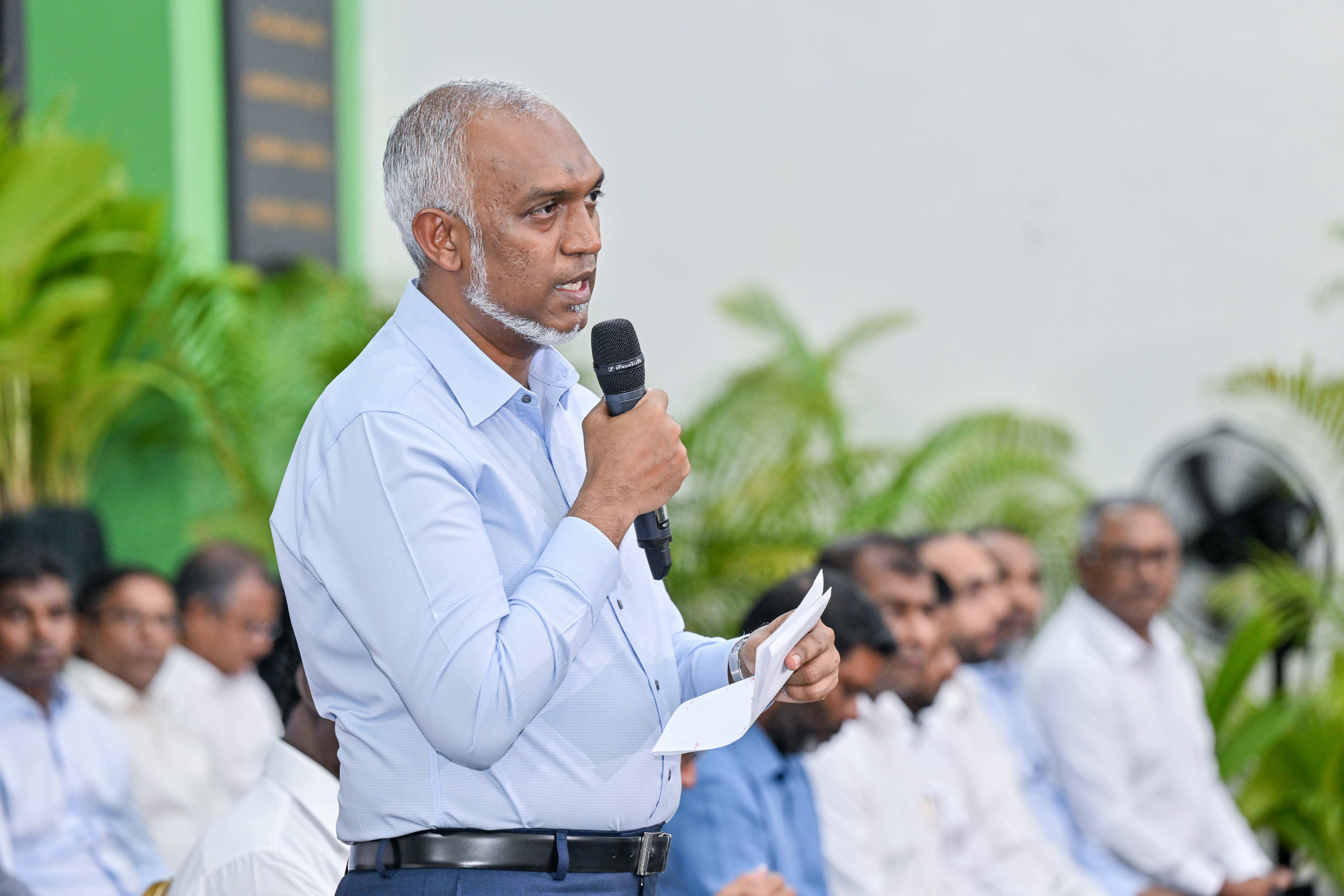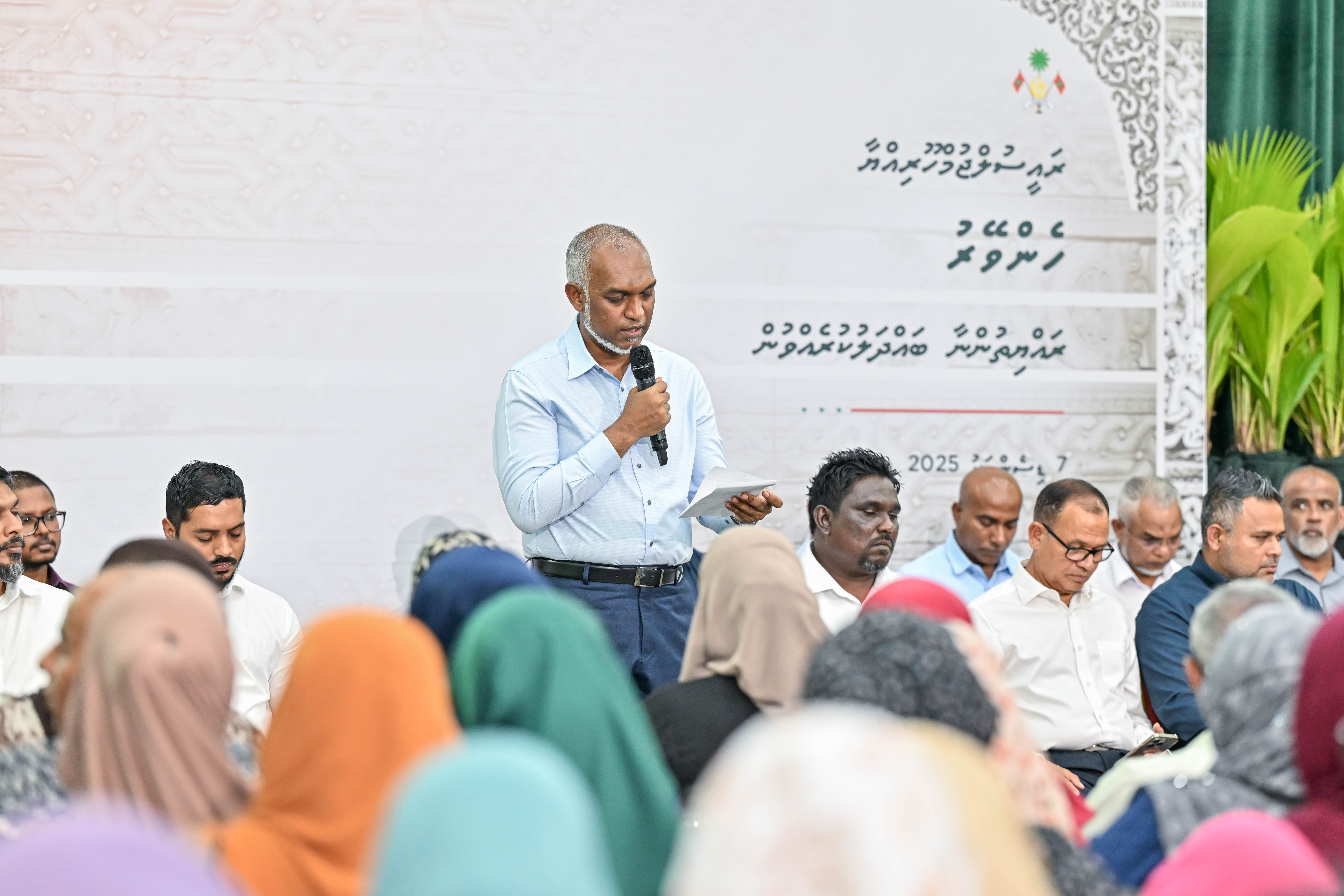The head of Sri Lanka's main opposition party said on Friday it would move a no-confidence motion in parliament against the government if it does not take measures to address the country's financial crisis and improve governance.
Sajith Premadasa, chief of the Samagi Jana Balawegaya party, made the threat in parliament.
“The government needs to address the financial crisis and work to improve governance, or we will move a no-confidence motion against the government,” Sajith Premadasa, the leader of Samagi Jana Balawegaya, said in parliament.
“It is imperative that Sri Lanka must avoid a disorderly debt default. The government must work to suspend debt and appoint financial advisers to start off the process of restructuring debt.”
The heavily indebted country has little money left to pay for imports, which has led to crippling shortages of fuel, power, food, and increasingly, medicine. Street protests have gone on nearly non-stop for more than a month, despite a five-day state of emergency and a two-day curfew.
President Gotabaya Rajapaksa is running his administration with only a handful of ministers after his entire cabinet resigned this week, while opposition and even some coalition partners rejected calls for a unity government to deal with the country’s worst crisis in decades.
At least 41 lawmakers have walked out of the ruling coalition to become independents, though the government says it still has a majority in parliament.
Sajith Premadasa, chief of the Samagi Jana Balawegaya party, made the threat in parliament.
“The government needs to address the financial crisis and work to improve governance, or we will move a no-confidence motion against the government,” Sajith Premadasa, the leader of Samagi Jana Balawegaya, said in parliament.
“It is imperative that Sri Lanka must avoid a disorderly debt default. The government must work to suspend debt and appoint financial advisers to start off the process of restructuring debt.”
The heavily indebted country has little money left to pay for imports, which has led to crippling shortages of fuel, power, food, and increasingly, medicine. Street protests have gone on nearly non-stop for more than a month, despite a five-day state of emergency and a two-day curfew.
President Gotabaya Rajapaksa is running his administration with only a handful of ministers after his entire cabinet resigned this week, while opposition and even some coalition partners rejected calls for a unity government to deal with the country’s worst crisis in decades.
At least 41 lawmakers have walked out of the ruling coalition to become independents, though the government says it still has a majority in parliament.


















